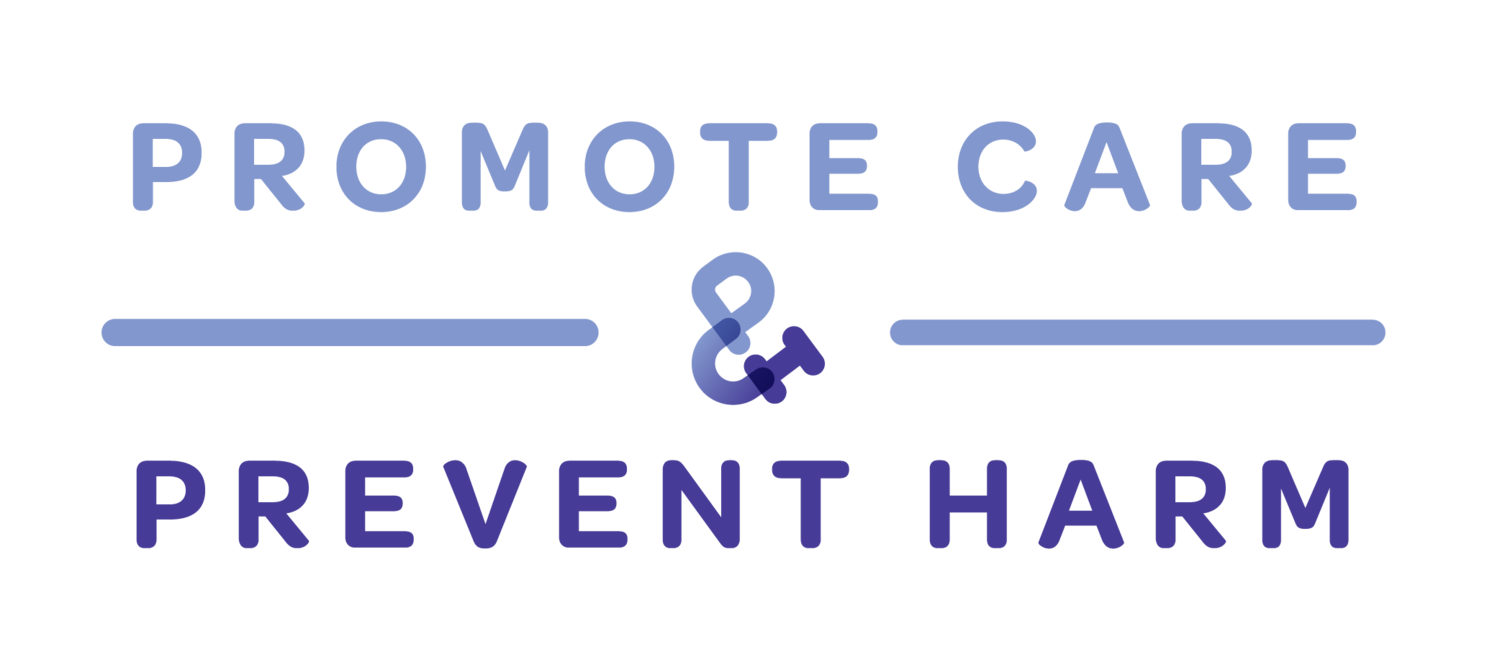Our Values
-
Care for All
We believe care should be front and center of every aspect of life and extended to all people (Collective et al., 2020). We believe care can be delivered: for all equitably (proportionate universalism), for a group (targeted support), and for an individual (indicated support)(Carey et al., 2015; Stroh, 2015). We believe multi-level care promotion is necessary to provide care for all.
-
Upstream Justice
We believe science-based and upstream programs and policies are the best way to create large-scale change (Heath, 2020). Promotion and prevention science offers the most cost-effective and highest-impact strategies to transform society from harm to care, inequity to equity, and injustice to justice. Promotion and prevention are key strategies along with restorative approaches leaders can use to promote justice and repair injustice.
-
Structural Thinking
We believe structural thinking is essential for addressing structures and structural inequities (Lopez et al., 1998). Structural competency (Hansen & Metzl, 2018; Metzl & Roberts, 2014) and critical consciousness (Bañales et al., 2020; Freire, 1970) are two types of structural thinking that may facilitate a sociostructural analysis of health, safety, and racism.
-
Maximizing Strengths
We believe in the existing capacity of the human spirit and their ability to use their strengths to create change. People know the problems affecting them. They have aspirations for themselves and their community. We believe our role is to accelerate their ability to use their strengths to listen to community members and support their solutions for change.
-
Public good
We believe the primary purpose of a nonprofit is to serve the public good. We will partner with organizations who are committed to values, processes, and outcomes that prioritize public benefit in lieu of privatized solutions for the few. We value benefits to the public good over the benefits to our internal organizational progress. To be good stewards, we believe it’s time to “give psychology away to the public” (Zimbardo, 2004, p. 340) by sharing our models, research, and activities. It means being accountable to the public.
-
Community-Based Leadership
We believe informal, proximate leaders are best positioned to develop innovative social change strategies, diffuse existing social innovations, and implement tactics to address problems, create possibility, and build community capacity (Bowen et al., 2000; Centola, 2021; Jackson et al., 2020). Youth in schools and activists in communities are positioned to transform society.

